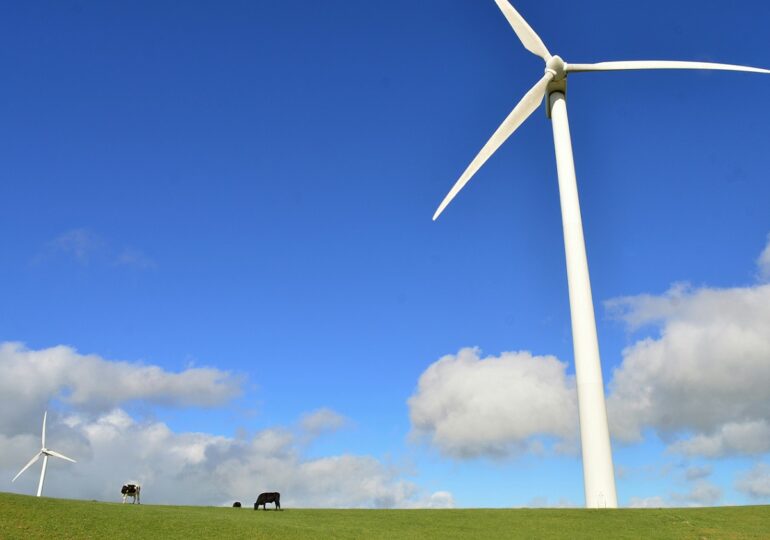13 EU states have generated more wind and solar energy than coal and gas sources for the first time this year.
Wind turbines and solar panels have surpassed fossil fuels, providing 30% of the electricity produced in the European Union in the first half of this year, according to a report cited by The Guardian.
Energy production from coal, oil, and gas burning has decreased to 17% in the first six months of 2024 compared to the same period last year, according to the environmental analysis organization Ember.
According to the report, the ongoing transition from polluting fuels has led to a one-third reduction in emissions from the energy sector in the first half of 2022 and up to now.
EU power plants have burned 24% less coal and 14% less gas from the first half of last year to the first half of this year. The change occurred even with a slight increase in electricity demand after two years of decline due to the pandemic and the war in Ukraine.
The Ember report shows that 13 European countries have produced more electricity from sun and wind than from burning fossil fuels in the first half of the year. Germany, Belgium, Hungary, and the Netherlands have achieved this milestone for the first time.
"We are witnessing a historic change in the energy sector, and it is happening rapidly," said Chris Rosslowe, an analyst at Ember, adding that the growth of wind and solar energy is approaching the role played by fossil fuels.
For Andrea Hahmann, a researcher at the Technical University of Denmark and co-author of the IPCC report, this evolution is significant but not surprising.
"Strong winds prevailed in the first six months of 2024 in northeastern Europe, where most of the wind energy was generated," she said, adding that this achievement demonstrates that the EU's energy transition is possible and that "we should not succumb to pessimism."
"The targets for renewable energy that need to be achieved are substantial but achievable with the right measures," she pointed out.
Europe is among the major traditional polluters contributing to global warming and the intensification of extreme weather events, but it has also set the most ambitious goals for cleaning up the economy. After the outbreak of the war in Ukraine, European leaders have accelerated the transition to renewable energy sources.
However, while solar energy has flourished, the wind sector has been affected by high inflation, amid continued opposition from politics and public opinion. In 2023, the EU installed a record capacity of 16.2 GW of new wind power units, according to the Wind Power Europe lobby group, but this represents only half of what is needed this year to achieve climate goals by the end of the decade.
According to scenarios designed by the Intergovernmental Panel on Climate Change (IPCC) and the International Energy Agency (IEA), most of the electricity needed to power a clean European economy will be supplied by solar panels and wind turbines.
T.D.

